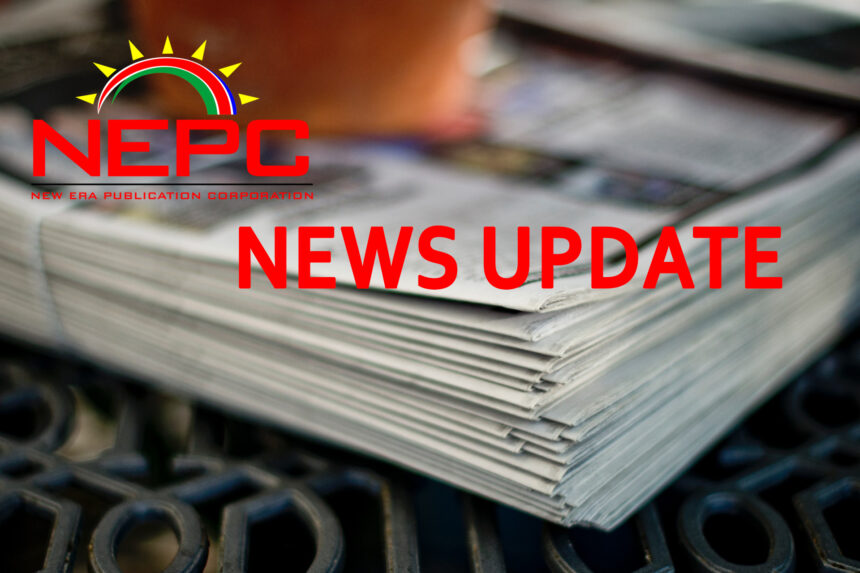Staff Reporter
More than 40 African journalists, communication specialists and scientists from African countries, including Namibia, gathered in South Africa recently for a training workshop.
The course, titled Building Science Communication Capacity in the SADC-Region and Africa, had one goal, which is to enhance the participants’ skills in popularising science amongst the general public and policymakers.
Climate change, pandemics and artificial intelligence are some of the scientific topics that have a direct impact on local, regional and global developmental objectives.
Scientists are, thus, at the forefront of providing insight on the different aspects of these fields, but many a times, the language used by the experts is not digestible for the layman.
This is where journalists come in as the intermediaries to simplify complex issues for the masses and place emphasis on societal impacts.
The training was, therefore, developed to equip journalists with creative and innovative ways to make complex science accessible to the public.
Rector and vice chancellor of Stellenbosch University Prof Wim de Villiers opened the event and re-iterated the importance of science communication in bridging the gap between misinformation and public information expectations, especially in this period of infodemic, where facts are increasingly under threat.
Prof Martiale Zebaze Kana, Head of the Science Unit, UNESCO regional office, added that “a lot of scientific research is being done but it is not being taken up by the public because it is not being translated into a language/format easily understood by the public”.
The Science and Innovation Communication Specialist at NUST’s newly established Directorate of Research, Innovation and Partnerships (DRIP), Kuda Brandt, attended the training.
“It was refreshing to be amongst like-minded science communication professionals who strive to ensure that we have an educated citizenry and overall strive to advance the value of science for socio-economic development,” she said.
As a Namibian university, NUST is on a strategic drive to enhance science communication efforts to reinforce the visibility of the institution’s research activities and the impact thereof, particularly on the developmental front.
The training, organised by UNESCO, Stellenbosch University, the SADC Secretariat and the Department of Science and Innovation, was held in the run-up to the World Science Forum in South Africa.
Photo: Science
Caption:
Developmental objectives… African participants at the training workshop, pictured with Prof Wim de Villiers, rector and vice chancellor of the Stellenbosch University (front row in blazer). Namibia was represented by journalist Jemima Beukes (third row, second from left) and Kuda Brandt (second row, third from left), Science and Innovation Communication Specialist, NUST. Photo: Contributed


